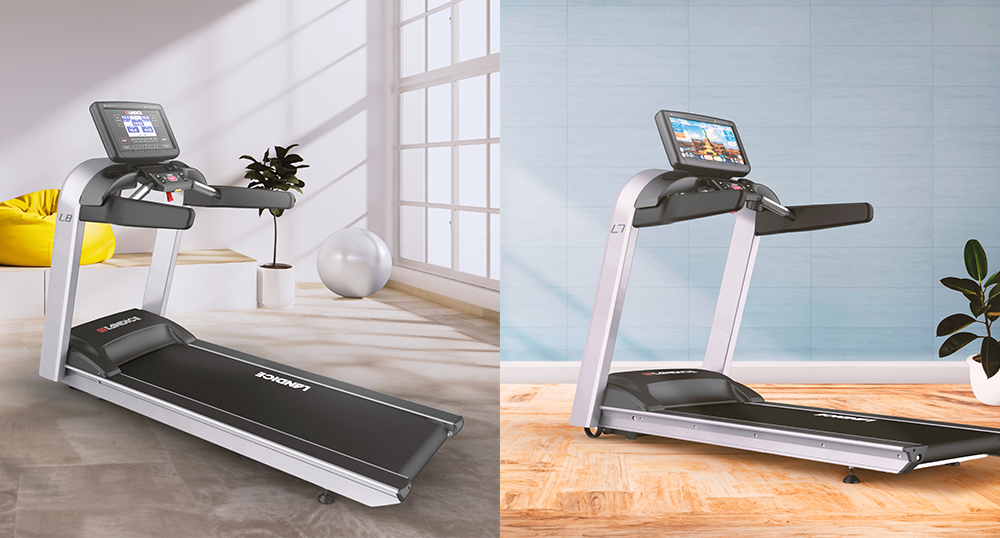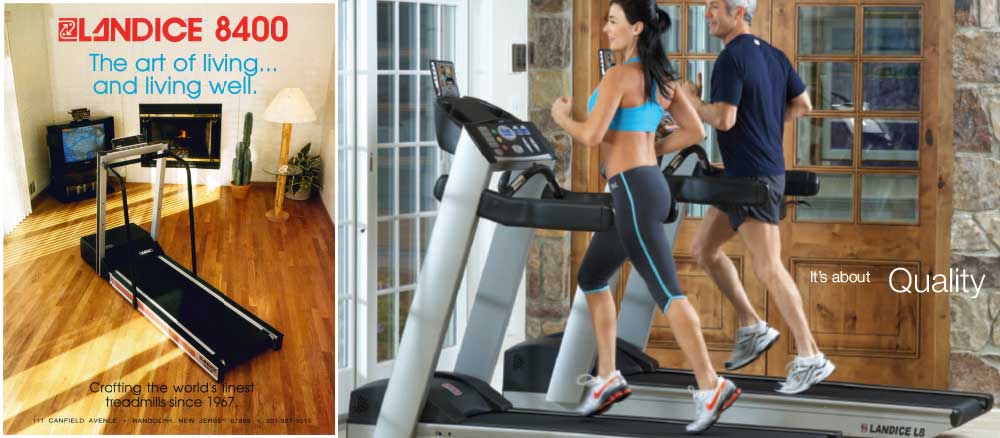How To Run and Workout Right ... Using the 4 Rs
July 30, 2019
After years of running, I have found four things that have worked to make my runs easier and more enjoyable. In fact, these concepts aren't just for running. They are effective on all types of workouts that require effort and exertion from bicycling to swimming to even weight lifting.
These ideas are simple and easy to follow. They require a bit of focus but can be easily mastered. And, they can serve as a foundation for all other training, racing, and exercise regimens.
The 4 R's to running and working out
Respirate
Duh! Right? Of course, you're supposed to breathe. It's an obvious thing to do. In fact, it's autonomic. However, think about what you actually do when you exercise and feel stress coming on. Perhaps, you forget about deep breaths? Perhaps, you even hold your breath?
 Deep breathing is one of the best ways to lower stress in the body. This is because when you breathe deeply, it sends a message to your brain to calm down and relax. The brain then sends this message to your body. Those things that happen when you are stressed, such as increased heart rate, fast breathing, and high blood pressure, all decrease as you breathe deeply to relax. Check out this article on diaphragmatic breathing techniques, and see if you can recognize what type of breathing you do during your next workout. You may be surprised to find you're actually fighting against yourself.
Deep breathing is one of the best ways to lower stress in the body. This is because when you breathe deeply, it sends a message to your brain to calm down and relax. The brain then sends this message to your body. Those things that happen when you are stressed, such as increased heart rate, fast breathing, and high blood pressure, all decrease as you breathe deeply to relax. Check out this article on diaphragmatic breathing techniques, and see if you can recognize what type of breathing you do during your next workout. You may be surprised to find you're actually fighting against yourself.
Relax
Good segue from respiration, right? While we may affect our shorten our breath when we stress out, we may also tense up our body. For example, I see runners out there all the time with arms cocked high and necks and shoulders contracted. To me, they look labored and uncomfortable, and they're not even in a race.
It doesn't have to be that way. Take in those deep breaths and shake things out. I try to keep my wrists at hip level when running. Doing this also helps relax my back and neck. I had to work on this and focus on my form but now it comes naturally.
Reassure
Most exercise is mind over matter. This means your brain can do a lot to affect positively and negatively your performance. Psyching yourself out is a layman's way of describing the type of self doubt that may creep into you. Some of things I've said include: "I'm not sure I can go the distance.", "I'm too tired to do this.", "I didn't train enough for this."
All of those things may be true, but your brain can be trained -- or tricked -- or just meditated. The  brain can be taught to give the body more leeway by incrementally pushing past that perceived maximal level of exertion in training. The same way you train your body, you must also train your mind.
brain can be taught to give the body more leeway by incrementally pushing past that perceived maximal level of exertion in training. The same way you train your body, you must also train your mind.
One thing I do when I run is assess my body from top to bottom. I remind myself to think about form. I try to be mindful of my surroundings and stay in the moment. And, I repeat a little mantra to myself if things feel tough - "You're so strong." I say this in synch with my breathing and after a while I get into a rhythm that carries me through.
Repeat
As I mentioned in the beginning, these Rs require focus and focus means repetition. All three previous Rs need to be done in concert to the point where it becomes natural.
Indoctrinating these techniques whether you're on a treadmill, an elliptical or in the pool just takes a little conscious forethought. I found that by my third time of working out, I was thinking about this stuff more often and incorporating them into my workout. I knew that I forgot to do it when the alarm went off in my body telling me that I was feeling pain and fatigue. Once I assessed my breathing, my form and told myself I can get through it, those stressors decreased and I kept moving forward.
.png?width=258&height=54&name=Landice_logo%20(1).png)




